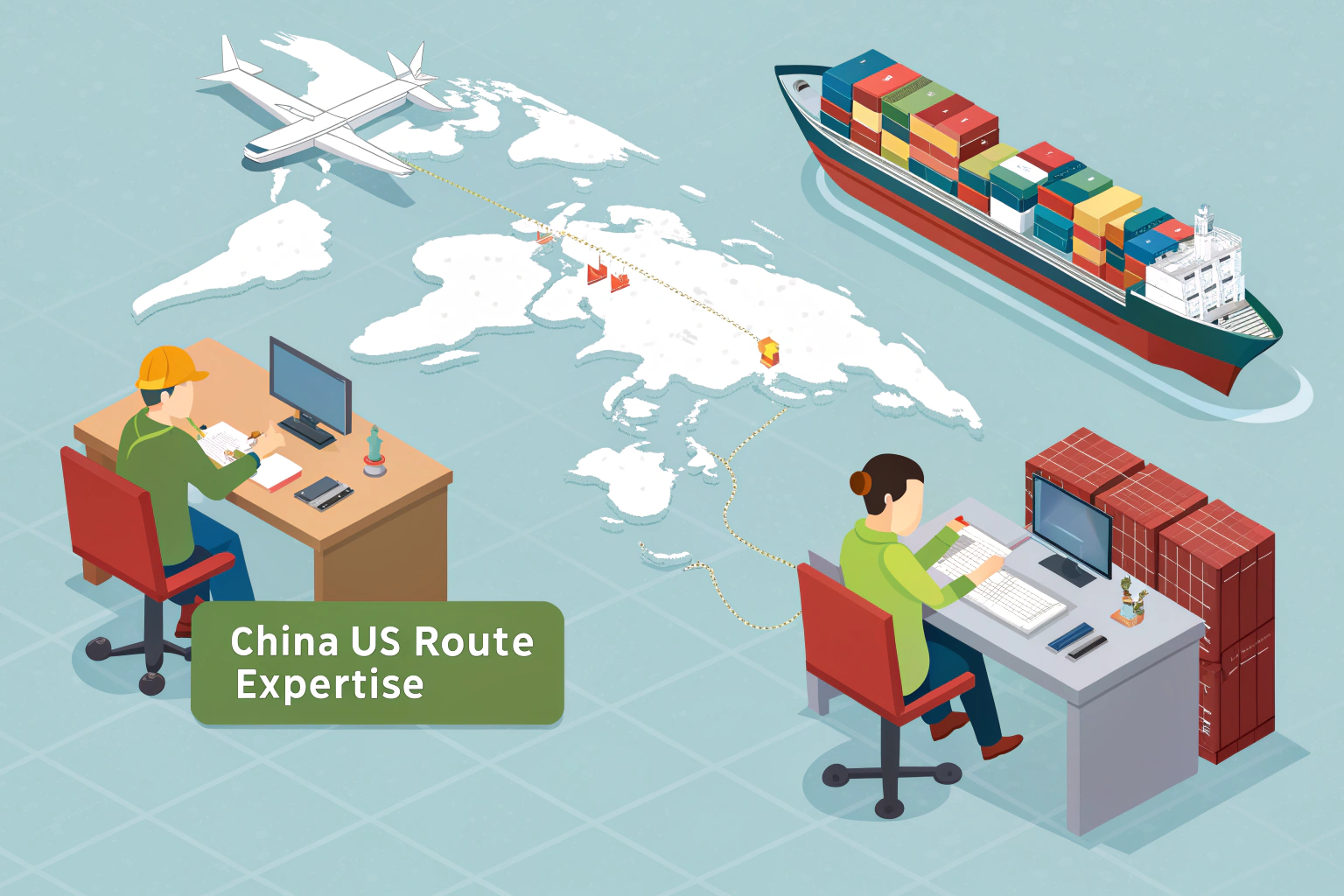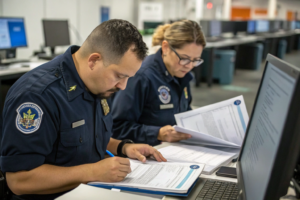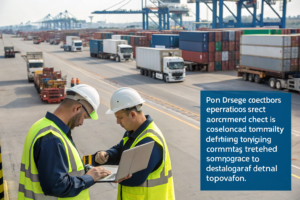When tariff crises hit, not all freight forwarders are equipped to protect your bottom line. For U.S. importers, choosing a partner with proven experience on China–U.S. routes can mean the difference between timely, cost-controlled deliveries and supply chain chaos.
The Unique Challenges of Tariff Crises
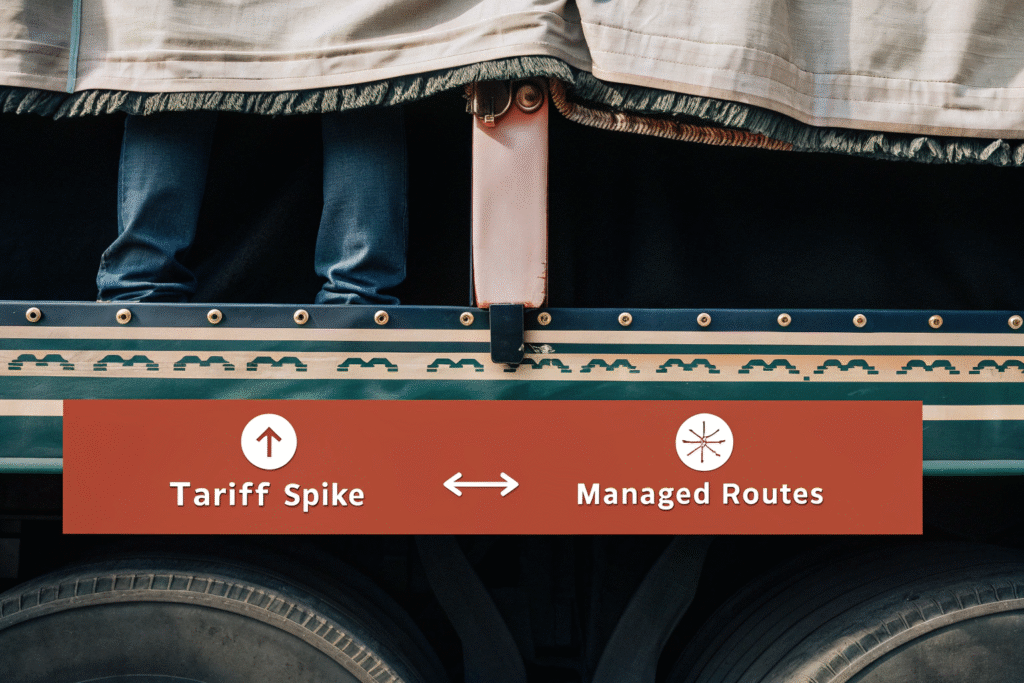
Tariff crises bring a wave of uncertainty:
- Sudden duty increases mid-shipment.
- Customs clearance slowdowns as regulations shift.
- Carrier schedule disruptions as routes are reprioritized.
An inexperienced forwarder might be caught off guard, reacting slowly and letting costs spiral. A seasoned China–U.S. forwarder, however, often has contingency playbooks ready for such events.
Why China–US Route Experience Matters
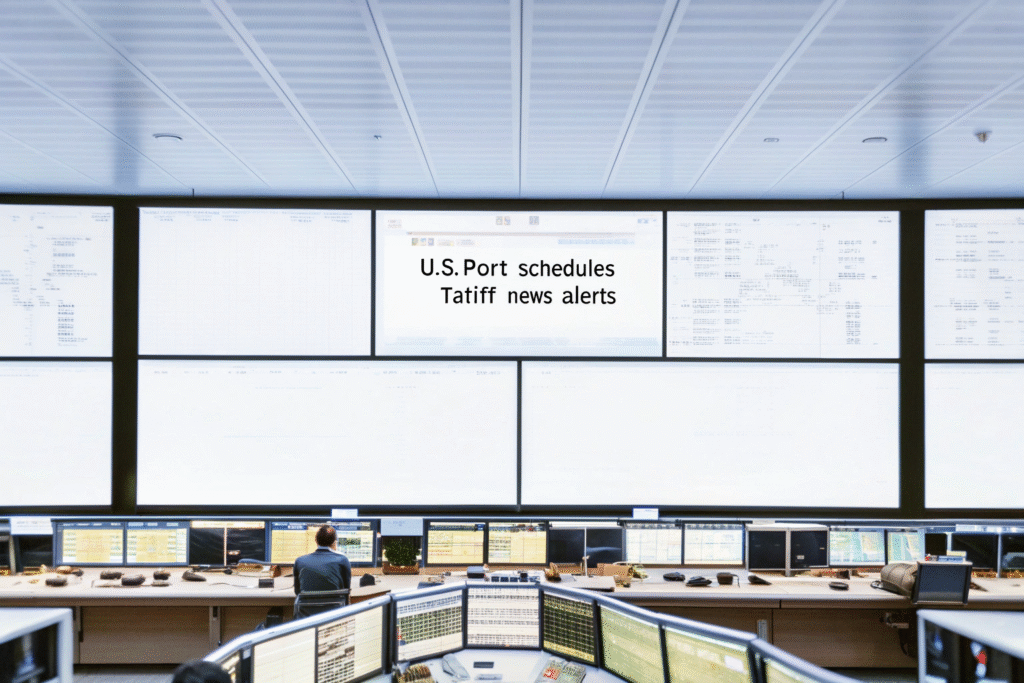
1. Established Carrier Relationships
Experienced forwarders secure priority space allocations during capacity crunches, avoiding last-minute premium surcharges.
2. Customs Compliance Expertise
They know the specific documentation formats and HS code classifications that U.S. customs favors, helping preempt inspection delays.
3. Faster Adaptation to Tariff Changes
Veteran forwarders stay plugged into real-time policy intelligence, enabling them to reclassify goods or reroute shipments before new duties apply.
Case Study: Electronics Importer Avoids $50K in Tariff Costs
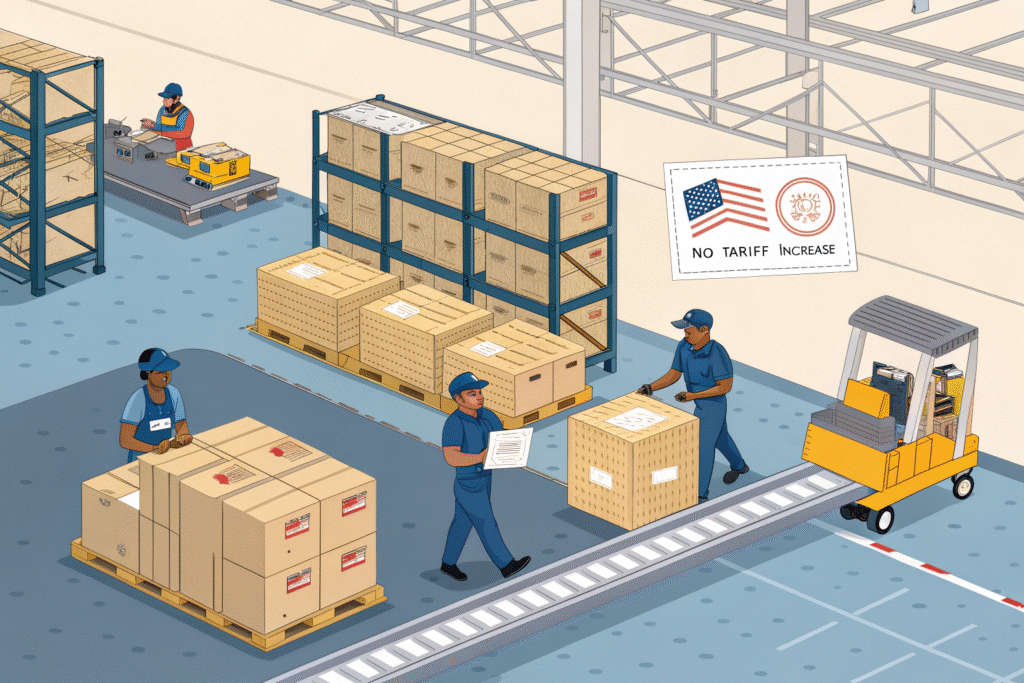
When a sudden tariff hike hit mid-voyage, a forwarder with deep China–U.S. route knowledge:
- Used pre-clearance agreements to finalize the shipment under the old rate.
- Shifted the container to an alternative U.S. port with faster customs throughput.
- Delivered the goods three days earlier than the original schedule.
The importer saved over $50,000 in avoided duties.
What to Look for in a China–US Freight Forwarder During Tariff Volatility
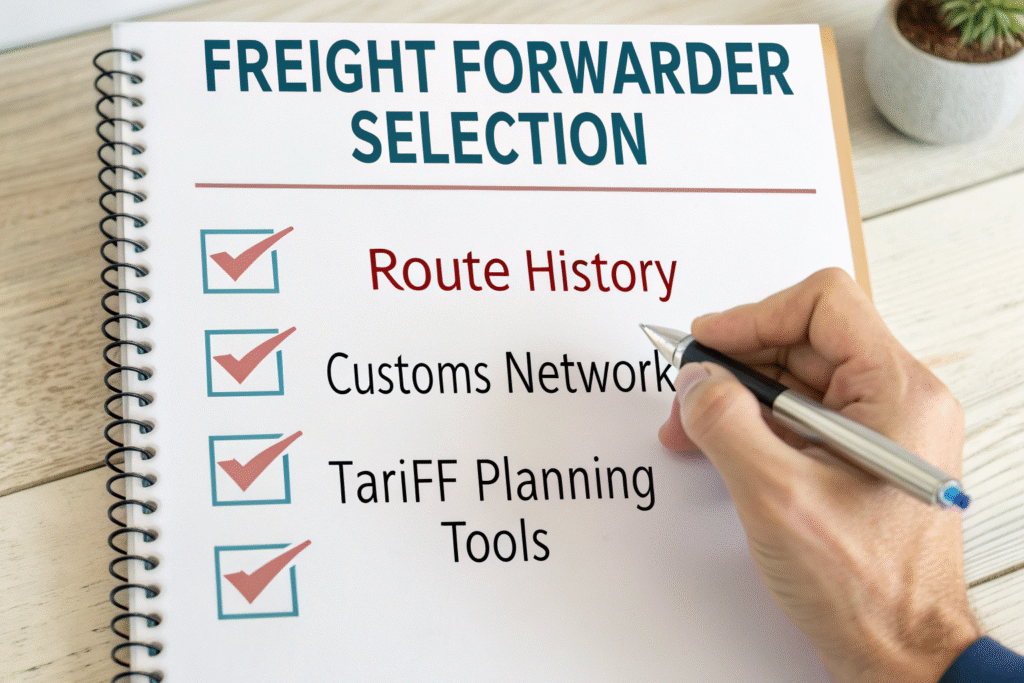
- Proven China–U.S. shipping history (ask for client references in your industry).
- Integrated customs brokerage services with experience in tariff reclassification.
- Transparent cost breakdowns that include tariff risk scenarios.
- Flexible FCL/LCL capabilities for shipment size adjustments.
- Access to alternate port strategies during congestion or policy delays.
Final Word for U.S. Importers
A freight forwarder’s track record on China–U.S. lanes is not just a nice-to-have — it’s your first line of defense during tariff crises. Their ability to navigate customs complexity, secure carrier space, and anticipate policy changes can safeguard both your timelines and your profit margins.
Bottom Line: In volatile trade environments, forwarders with deep China–U.S. experience don’t just ship cargo — they ship certainty.
